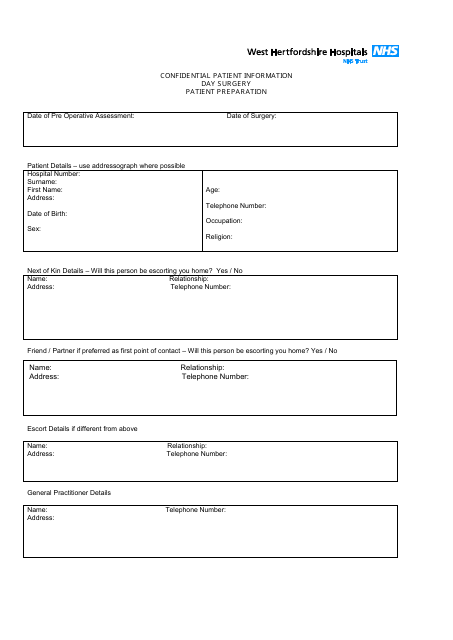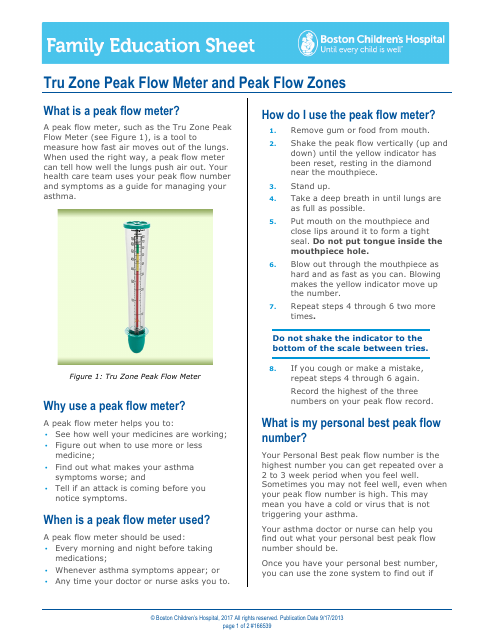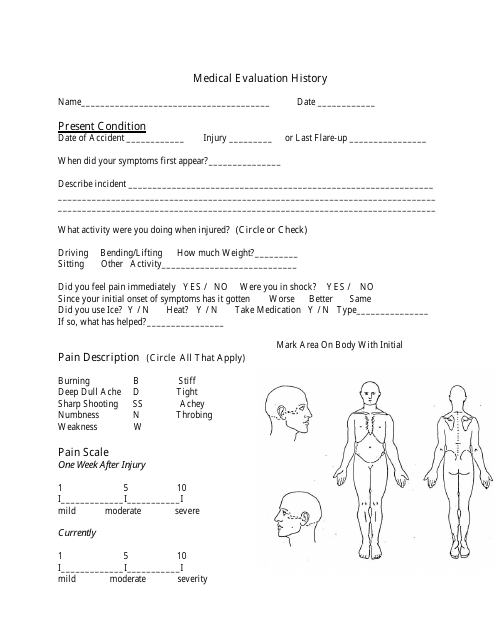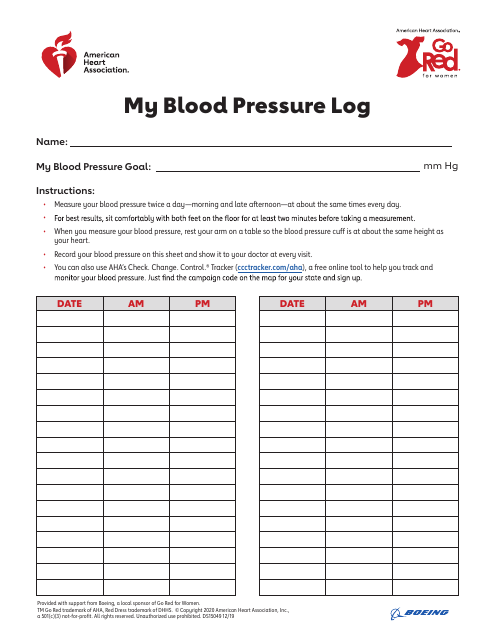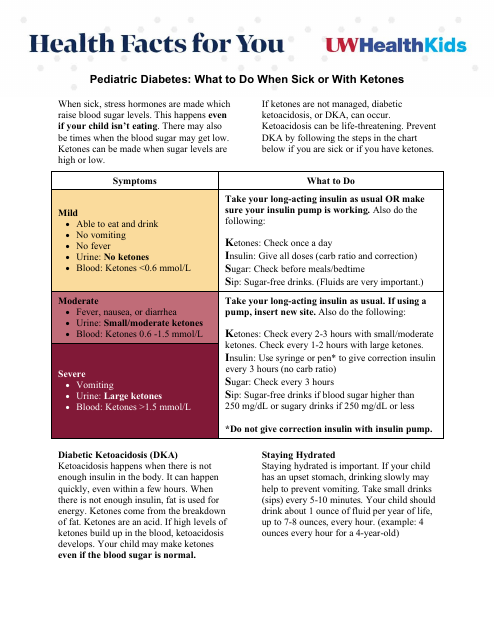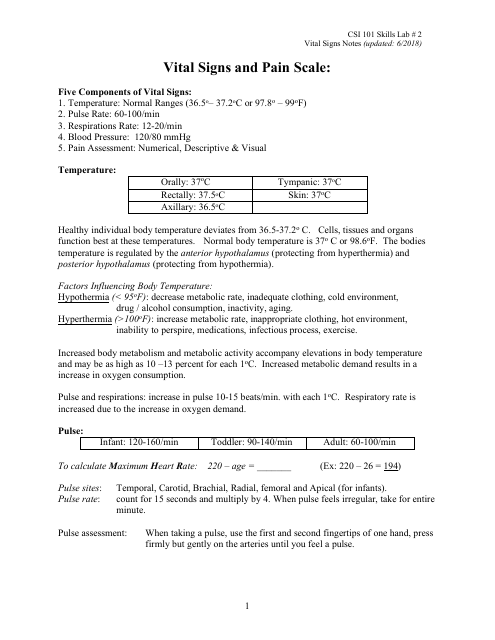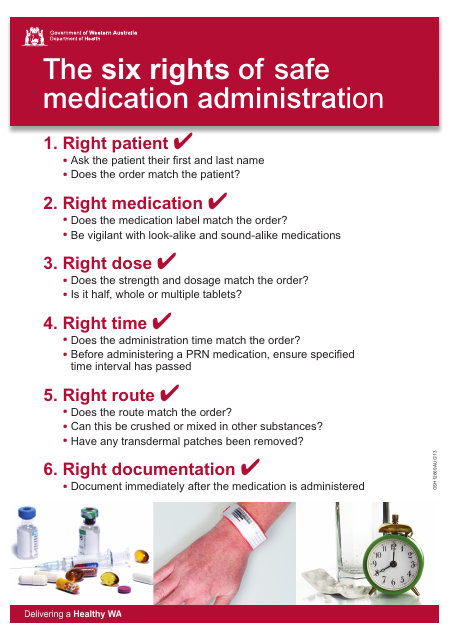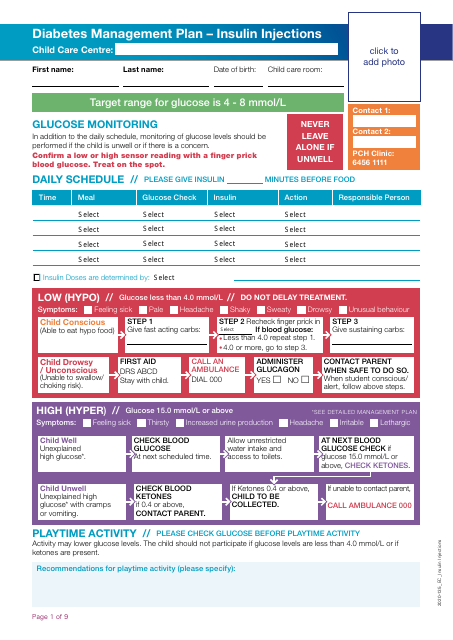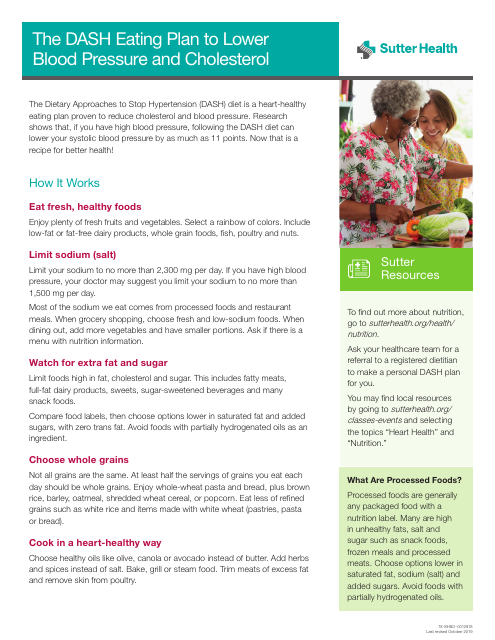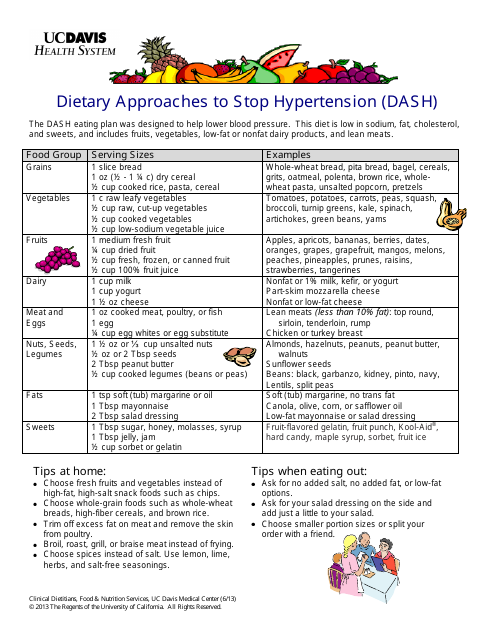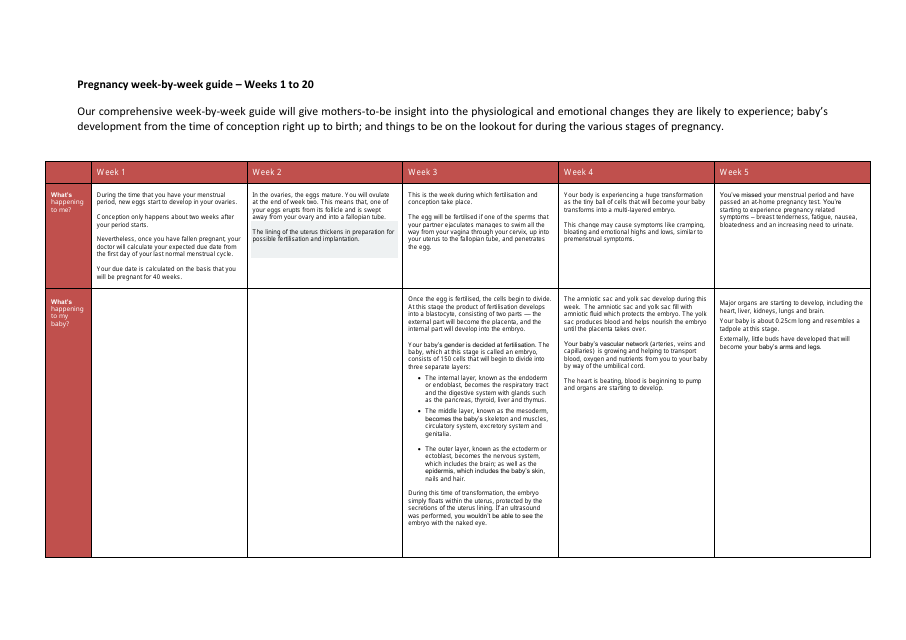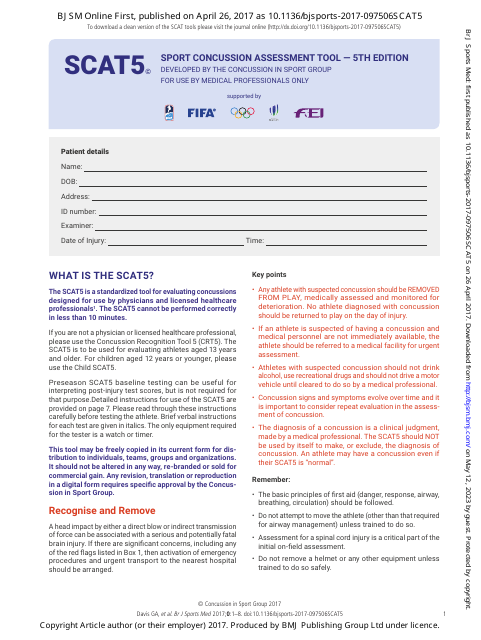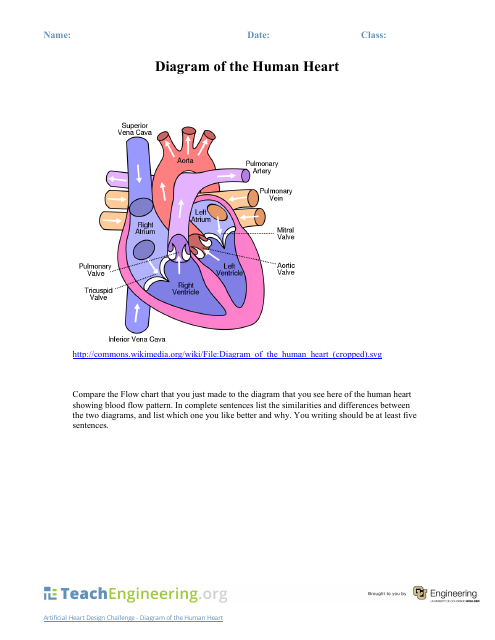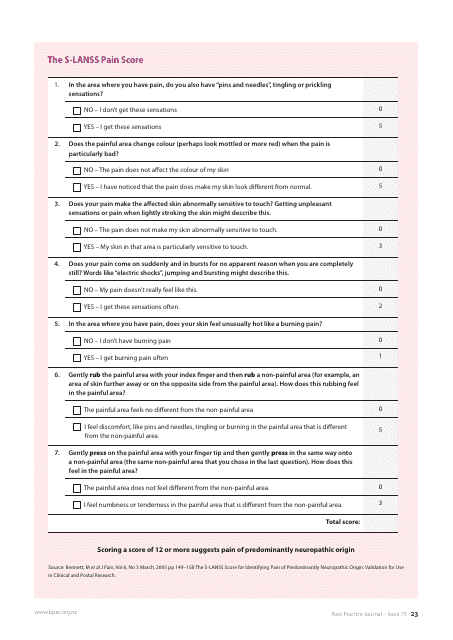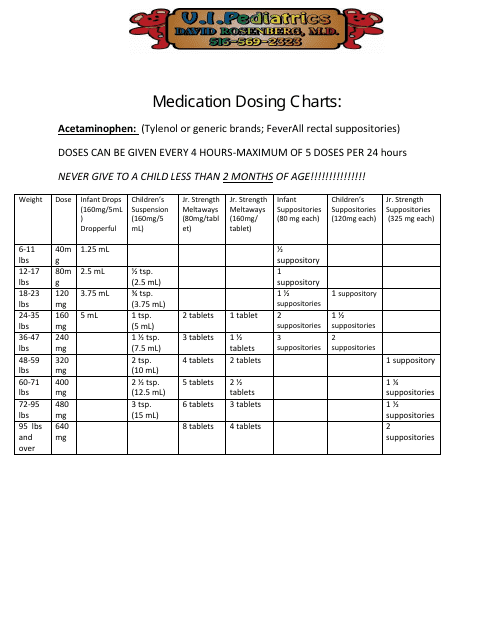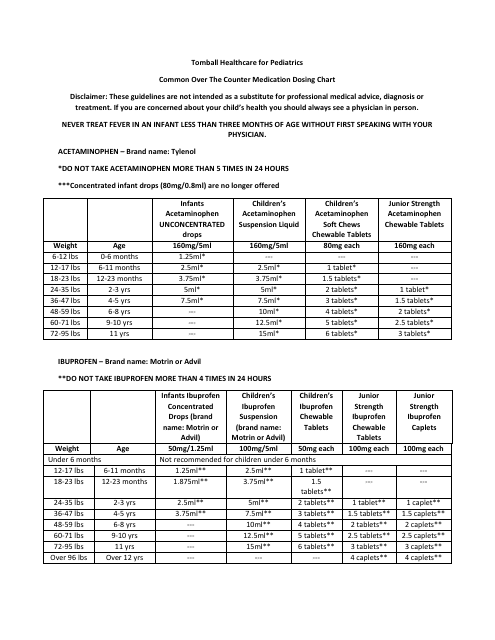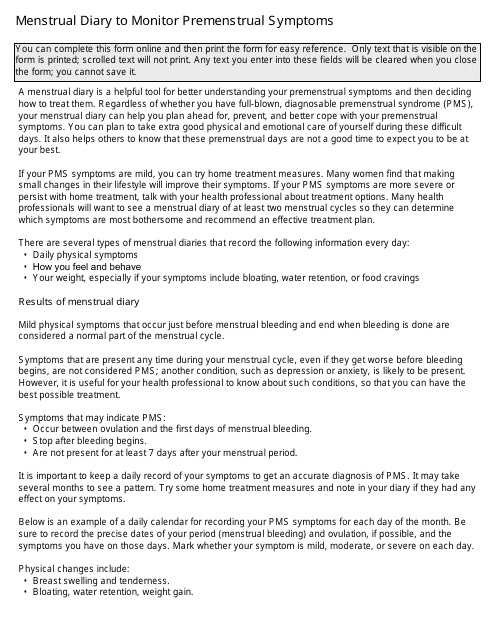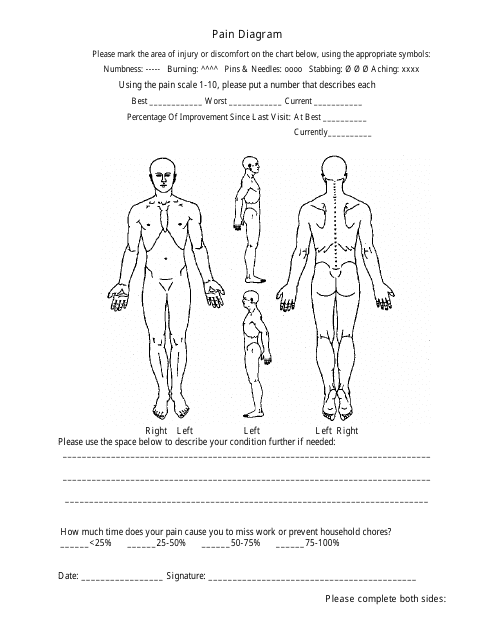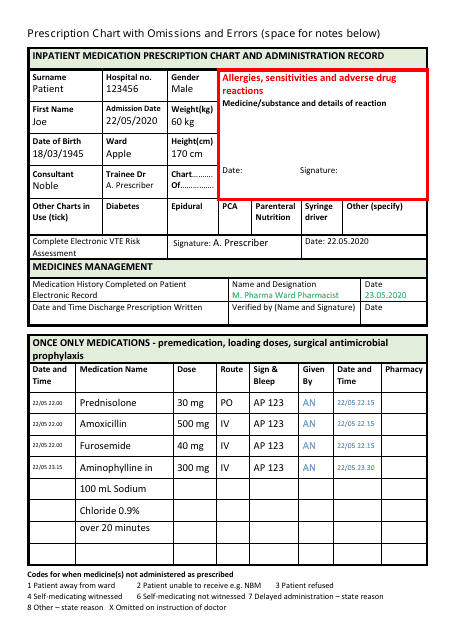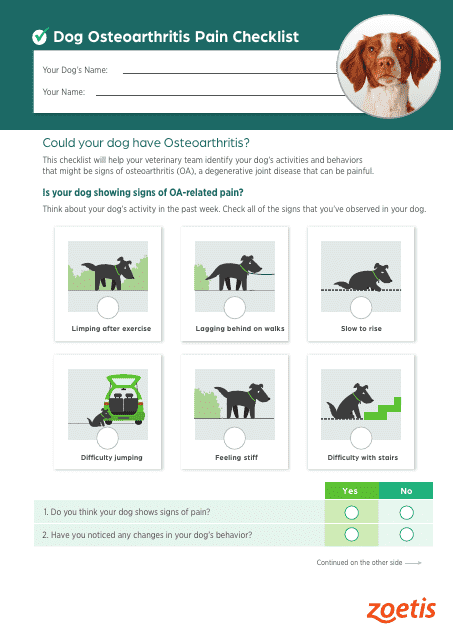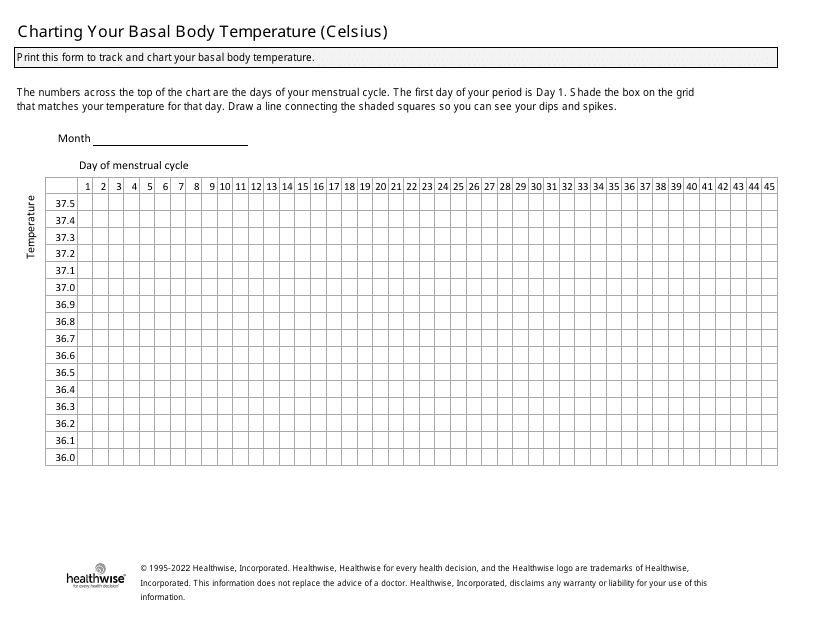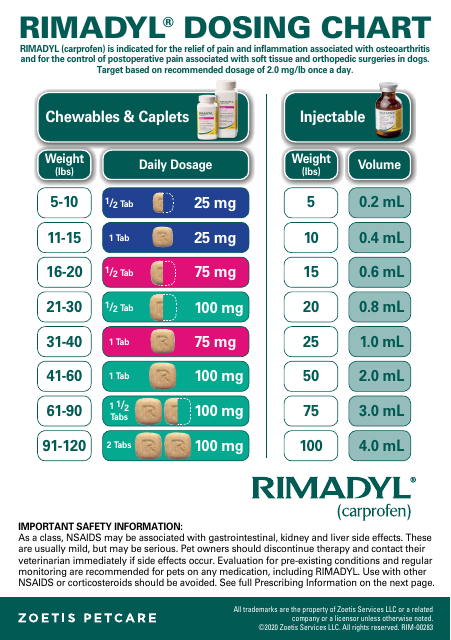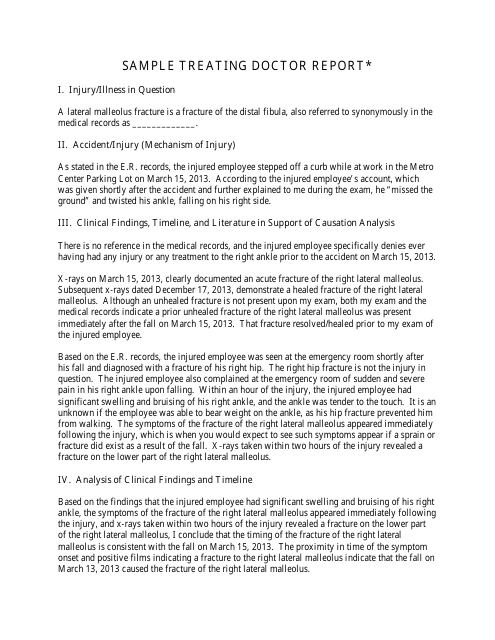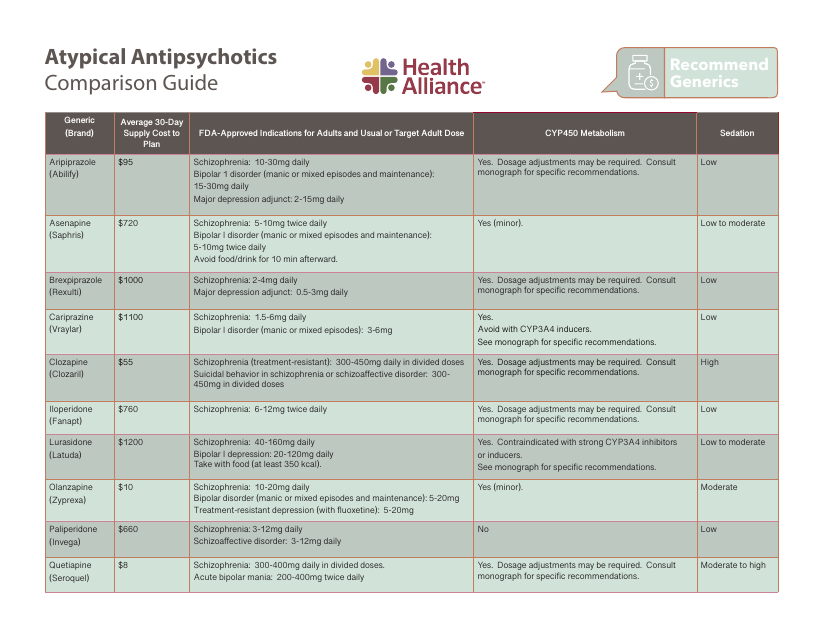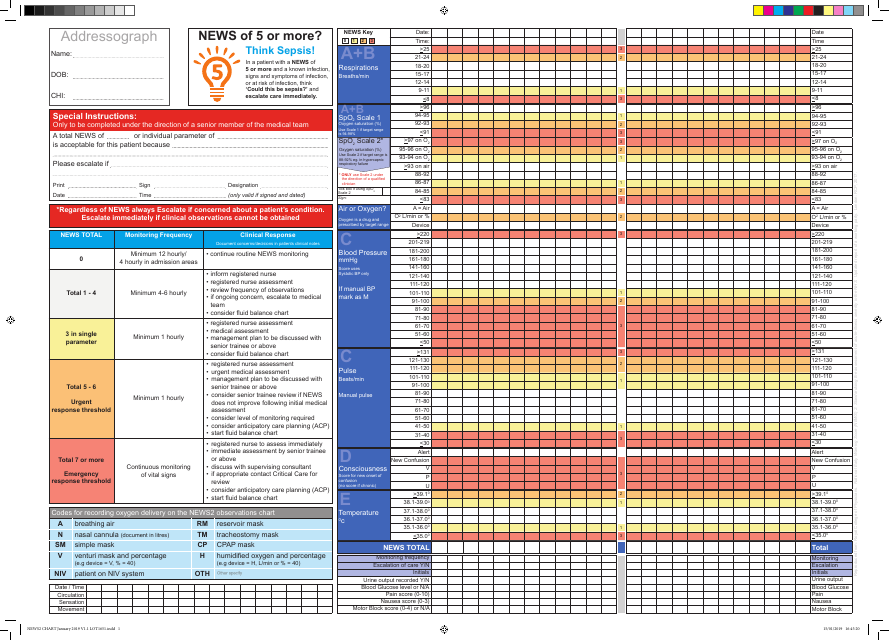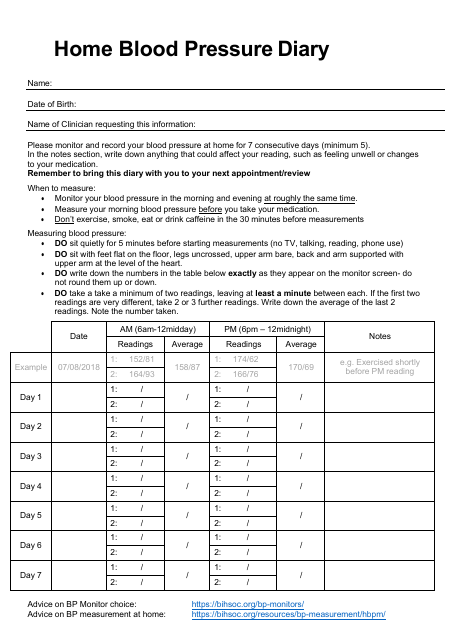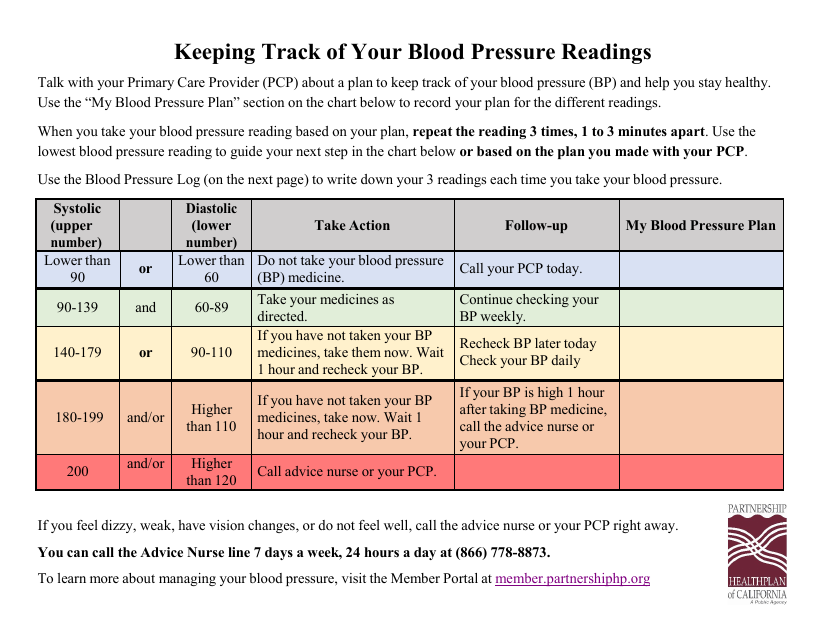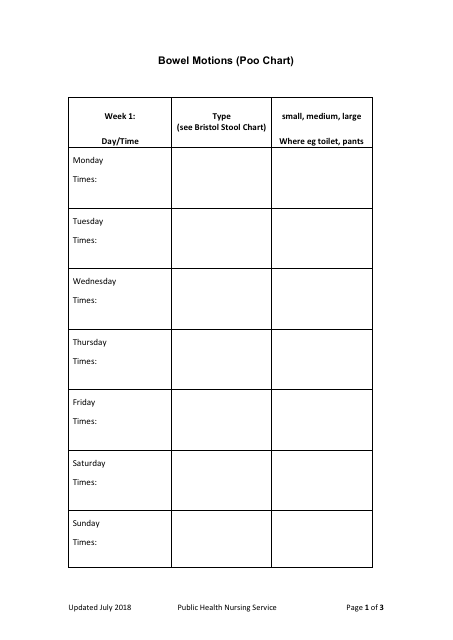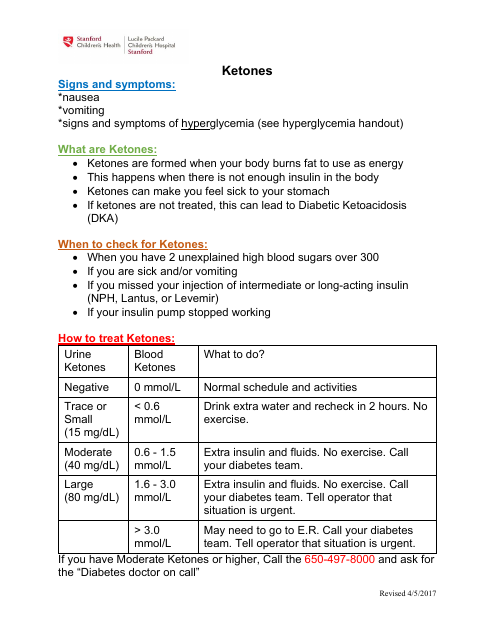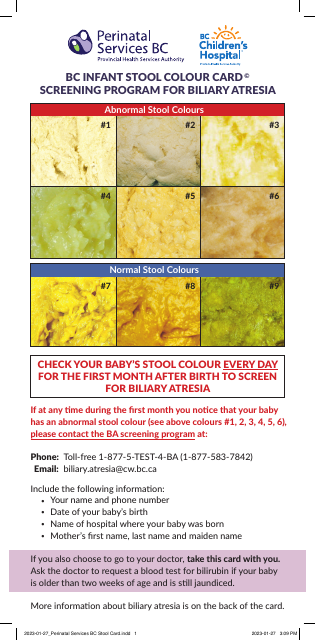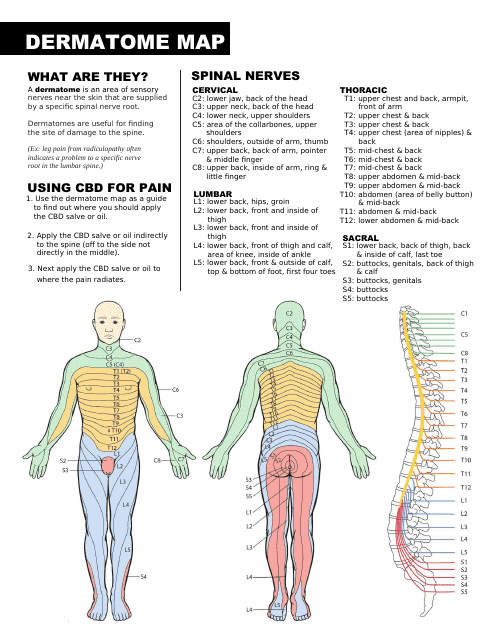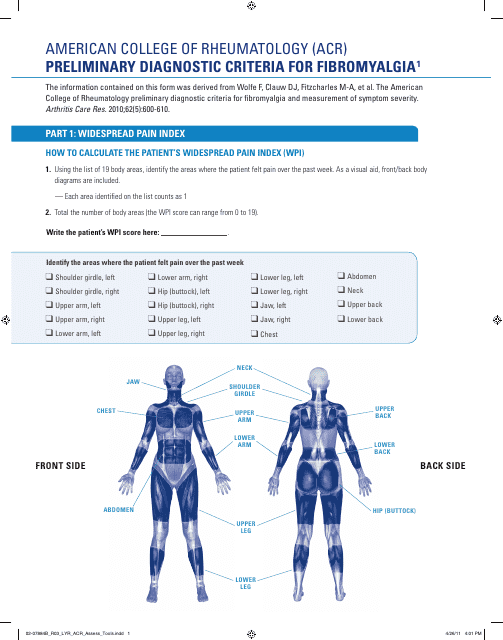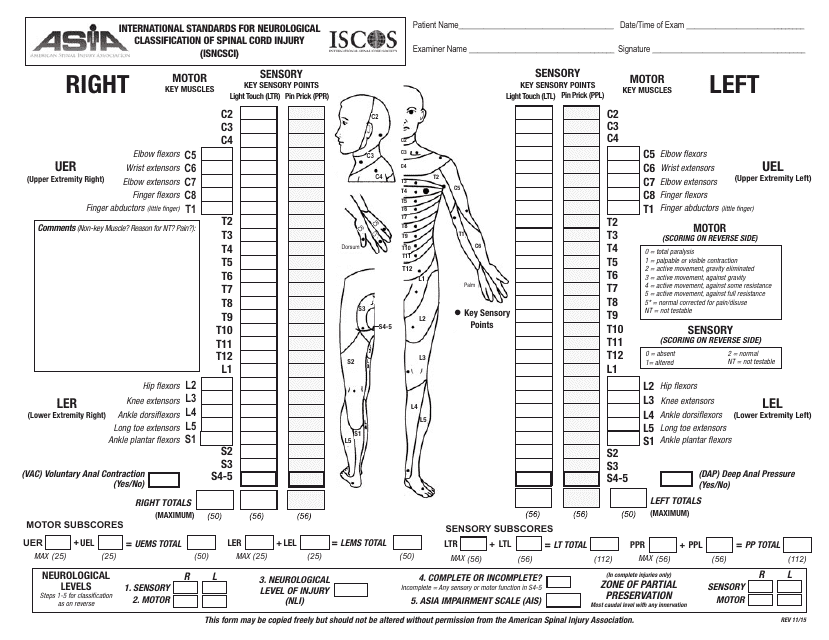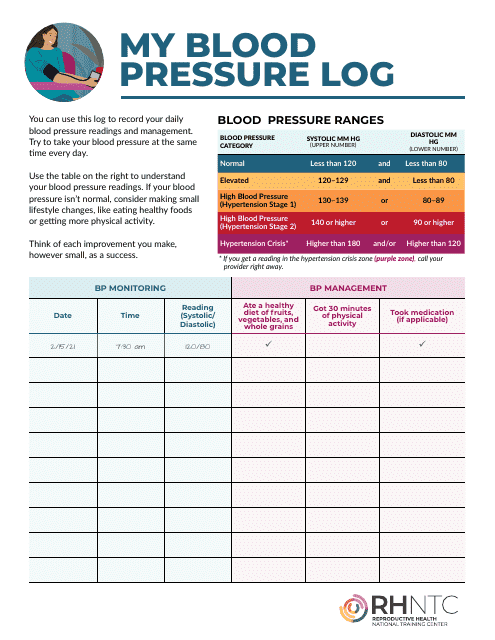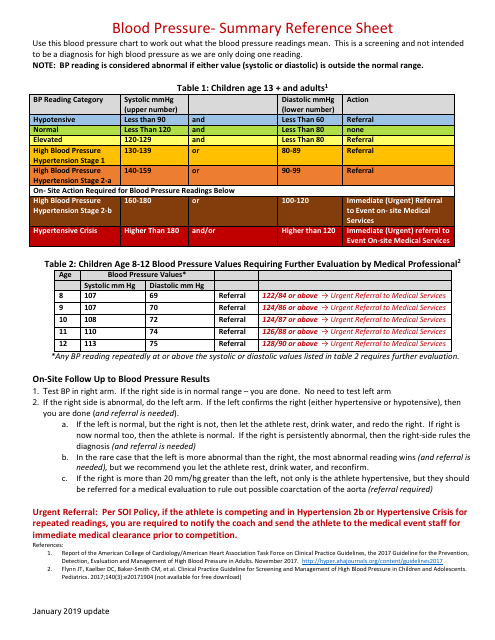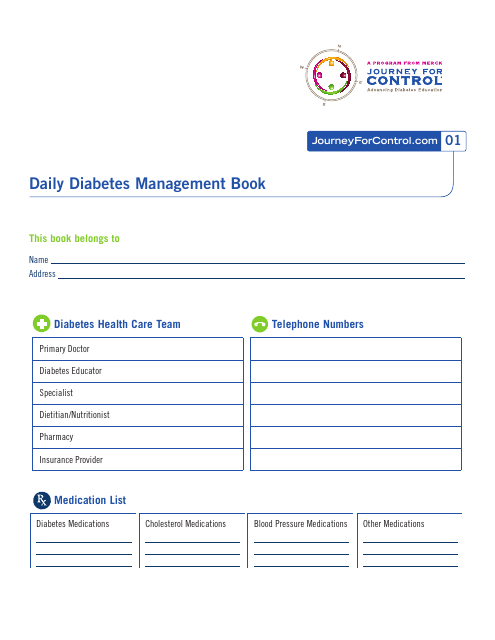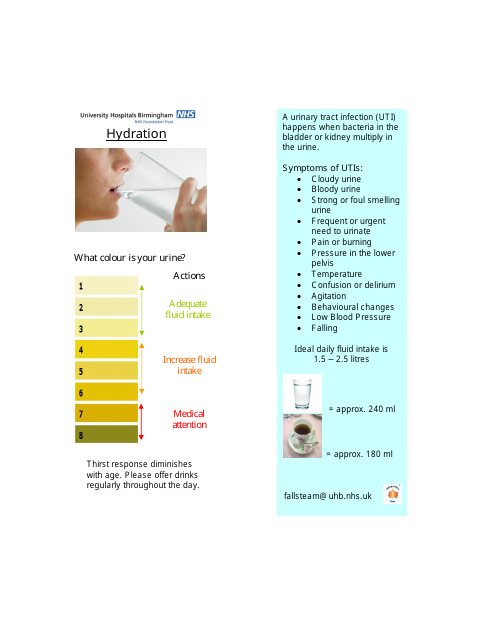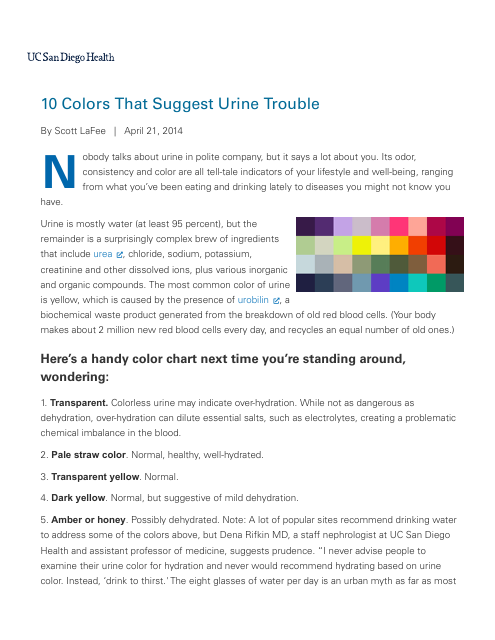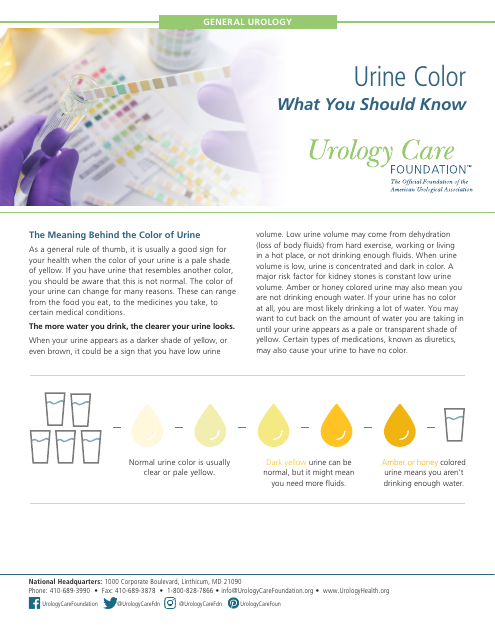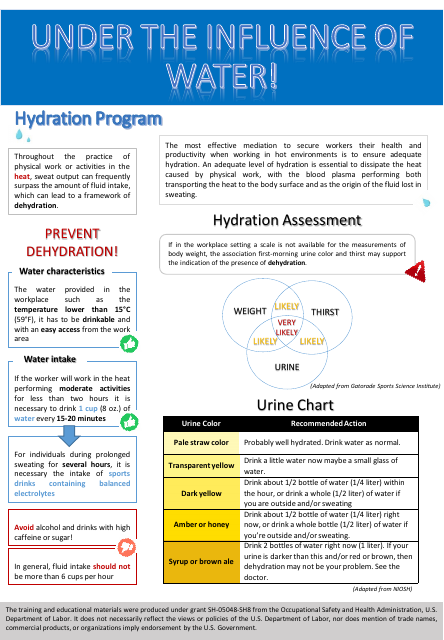Medical Forms and Templates
Documents:
1718
This document provides important instructions and guidelines for patients getting ready for day surgery. It contains confidential patient information and covers topics such as medication, eating and drinking instructions, and pre-operative procedures.
This form is used for keeping track of peak flow measurements for children with asthma. It helps identify different zones to manage asthma symptoms effectively.
This document is used for keeping track of a person's medical evaluation history. It records the various medical exams and assessments that the person has undergone in the past.
This document is used for tracking and recording blood pressure readings. It is a useful tool provided by the American Heart Association and Boeing for monitoring heart health.
This document provides a chart that outlines the symptoms of pediatric diabetes. It can be a useful resource for parents and caregivers to understand and recognize the signs of diabetes in children.
This document is used to track and assess the vital signs and pain levels of a person. It helps healthcare professionals monitor their patients' health and manage their pain effectively.
This document is a checklist used in Western Australia to ensure safe administration of medications. It provides guidelines for healthcare professionals to follow when administering drugs to patients.
This document outlines the diabetes management plan for a child care center, specifically focusing on insulin injections.
This document provides information on the Dash Eating Plan, which is a dietary approach that can help lower blood pressure and cholesterol levels. The plan focuses on consuming foods that are low in sodium and saturated fats, while emphasizing the intake of fruits, vegetables, whole grains, lean proteins, and low-fat dairy products. Following the Dash Eating Plan can support a healthier heart and reduce the risk of cardiovascular disease.
This document outlines the Dietary Approaches to Stop Hypertension (DASH) Eating Plan, developed by the Regents of the University of California. The DASH Eating Plan is a recommended diet for individuals looking to manage or prevent high blood pressure. It emphasizes consuming fruits, vegetables, whole grains, lean proteins, and low-fat dairy products while limiting sodium, processed foods, and sugary beverages.
This document provides a week-by-week guide for the first 20 weeks of pregnancy, offering valuable information and tips for expecting mothers.
This document helps assess and diagnose concussions in athletes using the Sport Concussion Assessment Tool (Scat5). It is created by the Concussion in Sport Group.
This diagram shows the structure and anatomy of the human heart. It helps in understanding how the heart functions and the various parts involved in pumping blood throughout the body.
This document contains the Short-Form McGill Pain Questionnaire (S-LANSS), used by healthcare providers to evaluate and score a patient's pain level for both diagnostic and treatment purposes.
This document provides guidelines on the correct dosage of medication for children based on factors such as age, weight, and severity of condition. It is a valuable resource for healthcare professionals, parents, and caregivers administering medication to pediatric patients.
This document provides a comprehensive table for understanding the standard dosing instructions for various over-the-counter medications. It includes details such as the medicine name, dosage amount, and frequency, ensuring safe and appropriate use.
This document is typically utilized by women to keep track of their menstrual cycles. It helps in monitoring cycle length, symptoms, flow intensity, and any irregularities which can be critical information for healthcare providers.
This document is a reference tool used by healthcare professionals to understand and record a patient's pain level, pinpoint its exact location, and track the duration or frequency of the symptoms. It provides tables for detailed annotations about the patient's pain experience.
This document serves as an educational template detailing examples of omissions and errors typically found within prescription charts. Ideal for medical students, healthcare professionals, and anyone looking to avoid common mistakes in prescription writing.
This document serves as a resourceful guide for monitoring and identifying the symptoms of osteoarthritis in dogs. It provides details on various signs of pain that pet owners need to be aware of for timely treatment and care.
This document provides a comprehensive guide for tracking basal body temperature in Celsius. It's useful for fertility planning and monitoring general health. Detailed instructions on how to record temperature changes accurately and interpret the results are included.
This document provides a dosing chart for Rimadyl, a medication used to treat pain and inflammation in dogs. It helps owners determine the proper dosage based on the weight of their pet.
This document is a sample Treating Doctor Report from the state of Texas. It provides information and insights from a doctor regarding a patient's treatment and medical condition.
This guide provides a comparison of different atypical antipsychotic medications, helping users understand their differences and make informed decisions about their use.
This document provides a chart for recording the National Early Warning Score 2 (NEWS2). NEWS2 is a clinical scoring system used to assess the severity of a patient's illness and determine the appropriate level of care needed. The chart helps healthcare professionals track and monitor a patient's vital signs and symptoms to identify any deterioration in their condition.
This document is used for keeping track of your blood pressure readings at home over a period of 7 days. It helps you monitor your blood pressure and maintain a record of your readings.
This document is used for tracking your blood pressure over time. Keeping a log of your blood pressure readings can help you monitor your health and make informed decisions about your lifestyle and medication.
This document is a bowel motions chart that helps track and visualize the consistency and appearance of your poop. It is useful for monitoring digestive health and identifying any potential abnormalities.
This document provides information about ketones, their role in the body, and their potential health implications. Learn about the different types of ketones, their sources, and how they can be measured. Discover how ketones are used in the context of diets like the ketogenic diet and their association with conditions like diabetes. Educate yourself about the benefits and risks associated with ketones.
This type of document provides a color chart to help parents in British Columbia, Canada, understand the different colors of infant stool and what they may indicate.
This document provides a visual guide to dermatomes, which are specific areas of the skin innervated by spinal nerves, aiding healthcare professionals with neuromuscular assessments.
This document provides early diagnostic guidelines to identify cases of Fibromyalgia, a chronic disorder causing musculoskeletal pain, fatigue, and tenderness across the body. Essential for medical practitioners and researchers.
This document offers comprehensive guidelines and criteria for the assessment and categorisation of spinal cord injuries, based on international standards. It's an essential resource for health professionals in neurology and spinal injury treatment settings.
This document helps individuals monitor their blood pressure levels over a period of time. By recording daily readings, it assists healthcare professionals in understanding an individual's health condition and taking necessary actions. An essential tool for individuals with hypertension or related issues.
This document is a summary reference sheet for tracking and monitoring blood pressure levels. It provides information on how to interpret blood pressure readings and offers guidance on maintaining a healthy blood pressure level.
This document provides information and guidance on managing diabetes on a daily basis. It is a book published by Merck Sharp & Dohme Corp. to help individuals with diabetes take control of their health.
This document is a hydration chart that provides guidelines for staying properly hydrated throughout the day. It indicates the recommended amount of water to drink based on factors such as age, gender, and activity level. Following this chart can help promote good health and prevent dehydration.
This document provides a urine color chart that helps to identify different colors of urine and what they may indicate about a person's health.
This document provides a urine color chart to help you understand what different colors of urine may indicate about your health.
This type of document is a urine color chart used in a hydration program. It helps to determine hydration levels based on the color of urine.

